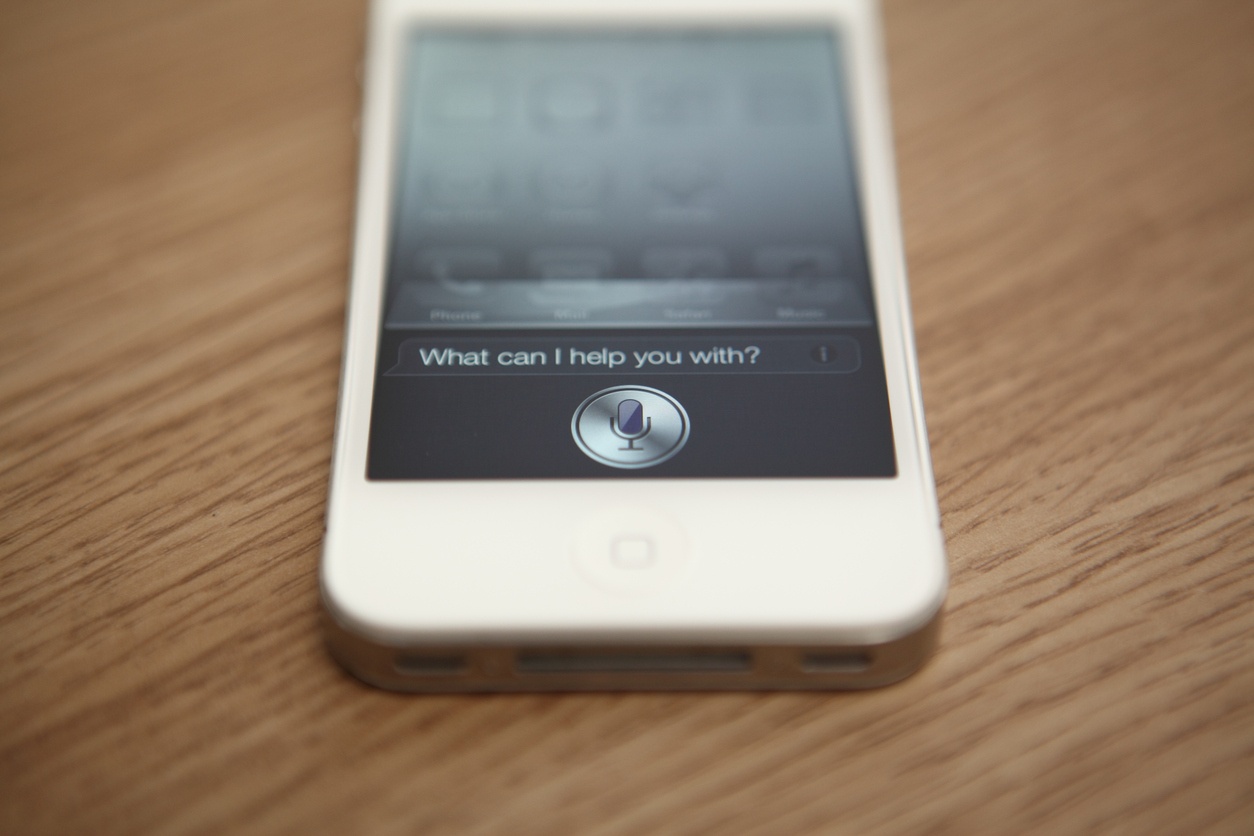Voice assistants like Alexa and Google Home have the potential to revolutionize patient care by increasing efficiency and allowing for easier access to medical information.
Voice assistants are making their way into the healthcare arena, offering patients and providers a wide range of tools and capabilities. 46% of Americans already use voice assistants, and the number is only expected to increase in the coming years.
As the quality of voice recognition software advances, patients and providers can expect to see more of this technology in both healthcare research and treatment. Here’s how voice assistants and voice search have already impacted the industry, and what changes medical marketers can expect to see in the future.
Why Patients Are Using Voice Search
Aside from convenience, voice assistants often a number of advantages for patients. 55% of voice assistant users surveyed said that one of the major reasons they use these applications is to interact with their devices without using their hands. This is especially beneficial for people with disabilities who may have difficulty typing on a smartphone or keyboard. Voice assistants have the potential to remove barriers and give these patients more control over their health.
According to Think with Google, 41% of people who own a voice-activated speaker say it feels like talking to another person. Voice search thus makes accessing medical information less intimidating and more convenient. This aspect may appeal to older patients in particular, who often feel uncomfortable and unprepared to search for health-related information on a tablet or computer. Voice assistants allow them to speak to a device as they would a person, and receive helpful information about their health in real-time.
How Voice Assistants Are Impacting Healthcare
There are many current applications for voice assistants that can provide patients with increased access to healthcare. For example, an injured person could ask Alexa to call an ambulance without having to get up and dial the number. Some hospitals like Northwell Health in Great Neck, NY have even enabled these devices to check on ER wait times. Patients would simply have to say something like, “Alexa, ask Northwell for the shortest urgent care wait time.”
Voice assistant owners often use their devices to search for information about local businesses, including healthcare providers. Someone might ask, “Siri, what is the highest rated eye doctor near me?” Siri will then search local business listings, including Yelp reviews, and report back with the answer.
Patients using voice search tend to speak in sentences, asking complete questions instead of inputting select keywords. This has prompted marketers to create messaging that aligns with natural speech patterns. In fact, the everyday use of virtual assistants is in many ways encouraging marketers to make their content more human-friendly.
Future Applications for Voice Search
As devices like Amazon Alexa and Google Home become more and more popular, voice assistants will likely play an even bigger role in helping patients receive the care they need. In the near future, patients could use voice assistants to schedule their doctor’s appointments, book rides to and from the hospital, and dictate surgery discharge instructions. Voice assistants could even be used to file insurance claims or handle billing issues.
Beth Israel Deaconess Medical Center in Boston already has a head start on incorporating voice assistants into everyday care. John Halamka, MD CIO at Beth Israel says that the hospital has placed voice assistants in patients’ rooms so that they can ask questions about their treatment, diet, and schedule.
“If you are an inpatient, what are the things typically you would like to know?” Halamka says. “‘When will my doctor be here? What’s for lunch?’ Simple types of things for which you need answers.”
Patients can now have these questions answered without waiting for a nurse. If they do need additional medical attention, however, they can also use their voice assistant to call for a nurse. The system at BIDMC has the potential to expand to hospitals around the country and change the way that patients access their information.
Voice assistants in patients’ rooms could also impact the way doctors evaluate symptoms and process data, increasing hospital efficiency and allowing doctors to anticipate patients’ needs though remote monitoring. If patients log their condition post-operation using a voice assistant, doctors could see a comprehensive overview of patient care inside the hospital and outside it.
Whether by optimizing communication or providing critical new features, voice assistants are becoming an essential part of the industry-wide shift toward patient-centricity.































































 Smart Design Creates New Patient Opportunities
Smart Design Creates New Patient Opportunities